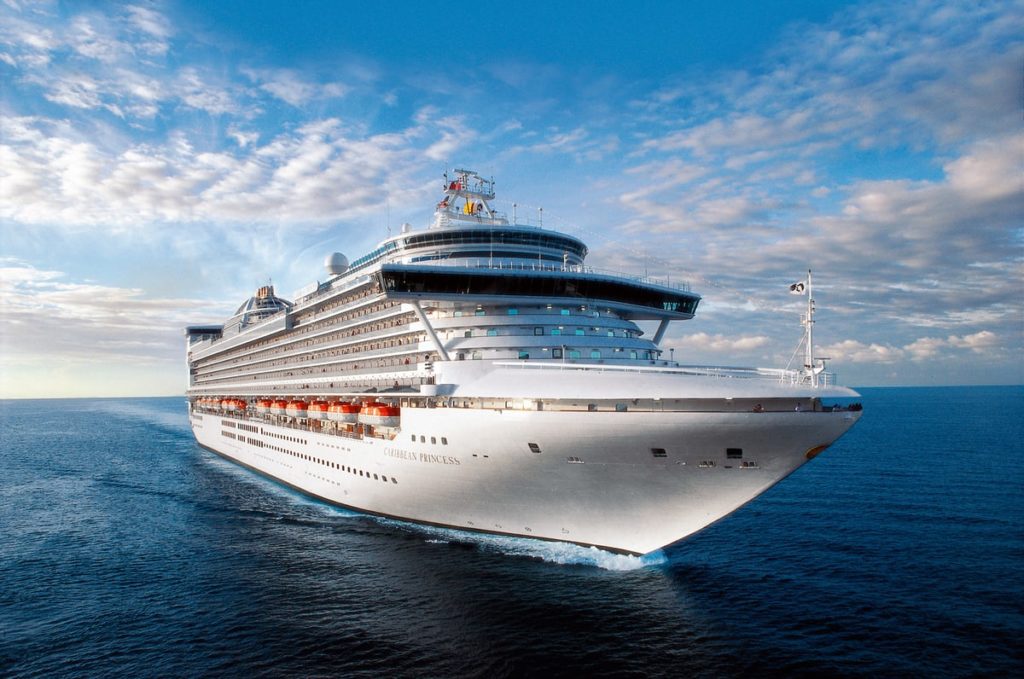The environmental impact of the global cruise industry is once again under scrutiny following Carnival Corporation’s guilty plea in an illegal ocean pollution case.
The cruise giant, which is the parent of Carnival Australia, must submit 78 cruise ships across its eight brands to a five-year environmental compliance program with Princess Cruise Lines ordered to pay a US$40 million penalty.
The case centred on Princess’ use of a “magic pipe” to disperse oily waste into the ocean as reported by an engineer aboard Caribbean Princess in 2013. It then came to light that the vessel had been engaged in this practice since 2005.
Court documents found cost savings to be the motive and also revealed illegal practices on four other Princess ships including Golden Princess which visits Australia. However, according to the Sydney Morning Herald, a spokeswoman insisted the issue had been “well and truly addressed” before the vessel arrived Down Under in October 2015.
In a statement, Princess said it was “extremely disappointed” at the violations by its employees and that it had acted to address the issues.
“Although we had policies and procedures in place it became apparent they were not fully effective,” it said.
“We are very sorry that this happened and have taken additional steps to ensure we meet or exceed all environmental requirements.”
Assistant attorney general for the US justice department’s environmental division John Cruden said the penalty was a “strong message” for the entire industry, The Guardian reported.
Friends of the Earth’s 2016 Cruise Ship Report Card released earlier this year showed that some improvements had been made over the last year but that failings remained with lack of transparency highlighted as a major cause for concern.
The organisation highlighted Disney Cruise Lines as the sole cruise line this year to earn an “A” for transparency by responding to information requests. On the other hand, it revealed that every other line, like the year before, had refused to confirm its current environmental technologies, resulting in failing grades for transparency.
“Despite its PR blitz regarding installation of new pollution reduction technology, the cruise industry continues to get an “F” for transparency, and many are failing when it comes to air or water pollution or both,” oceans and vessels program director Marcie Keever said.
“The industry continues its greenwashing to try and hide its dirty practices from the public.”
Following the ruling, an Environment Protection Authority spokeswoman reminded cruise ship operators that they face fines of up to $10 million under the NSW Marine Pollution Act for “conduct such as that which has occurred in the US”, the SMH reported on Saturday.


